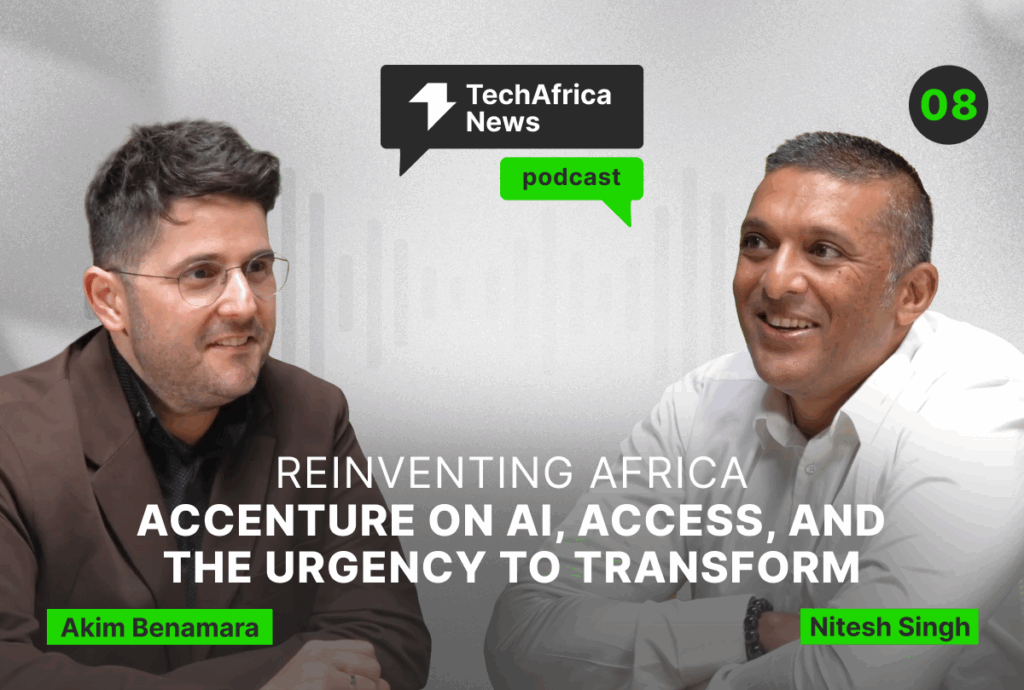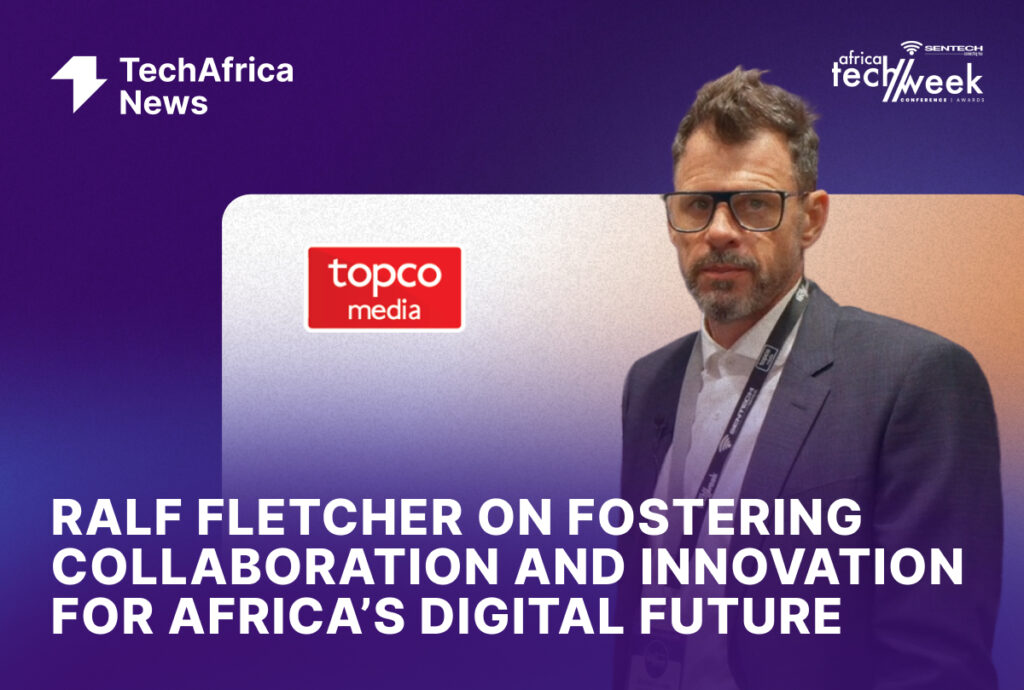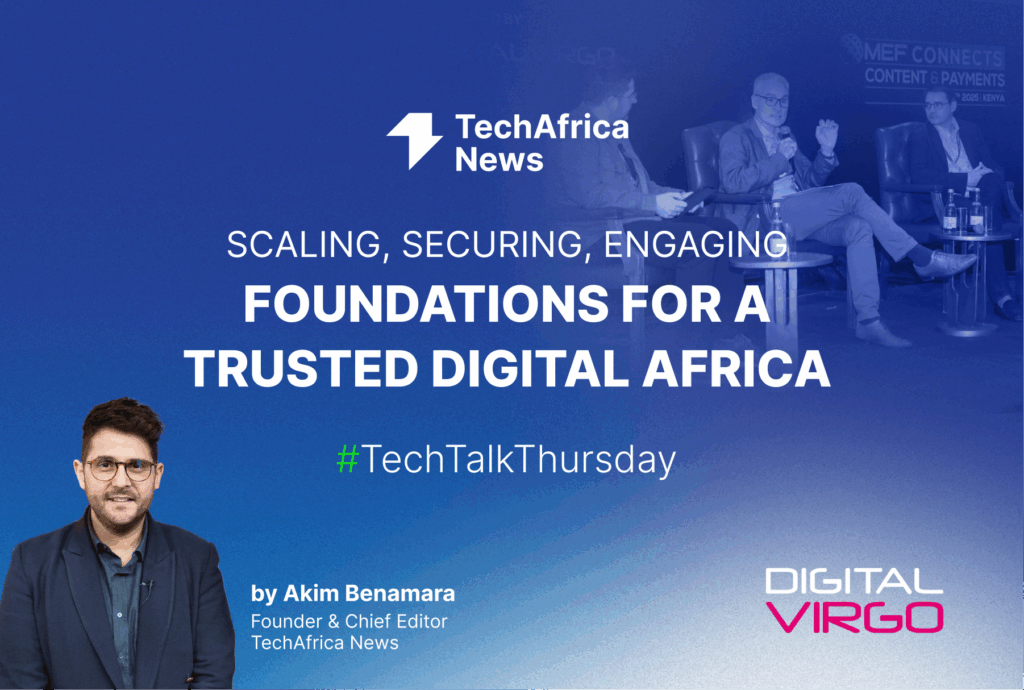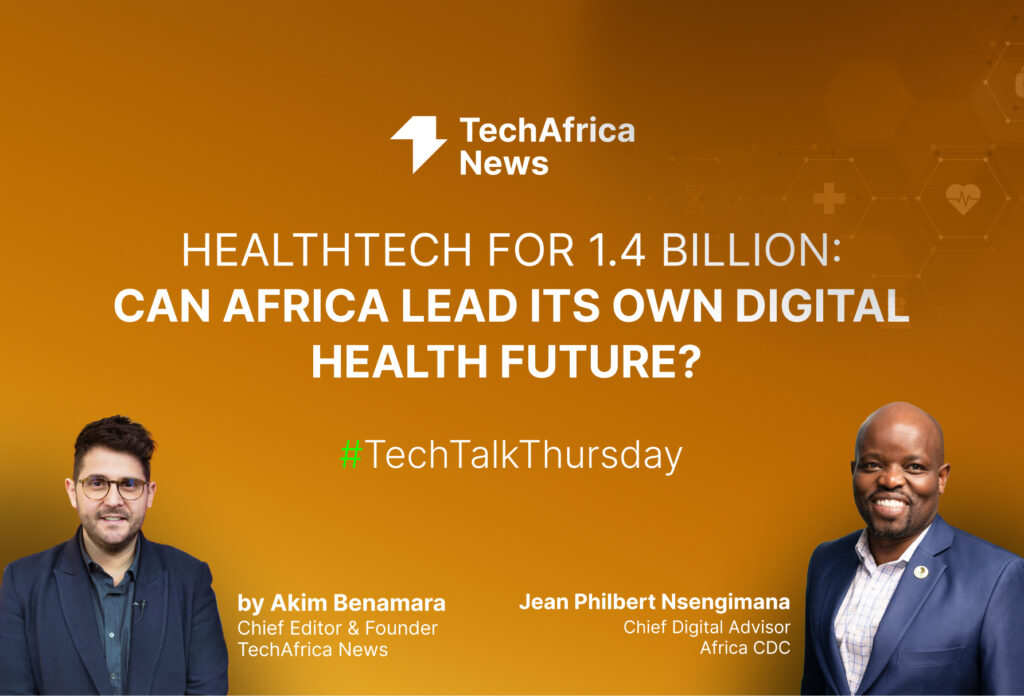Why women are key to Africa’s digital transformation

The digital gender divide in Sub-Saharan Africa means only around 25% of women have access to connectivity, according to the World Economic Forum . Connecting these women to the digital economy is critical to drive further economic growth and innovation on the continent.
Opening avenues to empowerment
Technology can empower women through access to information, employment, financial, education, health services and business support; increasing their contribution to social and economic development on the continent. Mobile money is spearheading financial inclusion for women across our markets, giving them tools for new ways of doing business. In Kenya, M-Pesa has enabled 185,000 women to switch from subsistence farming to business as their primary occupation. In Tanzania, we have committed to increase the number of women using M-Pesa from 32% to 40% this year.
Mobile technologies are overcoming the challenges of inadequate healthcare delivery so that women can thrive. A leading example is Vodacom’s Mum & Baby zero-rated service, which recently has been rolled out to the Democratic of Congo, in partnership with Mondia, to provide free advice and information-sharing SMS messages on maternal, neonatal and child health. For women to take advantage of digital services, they need to be confident in using technology effectively. Education initiatives, such as Vodacom’s ICT training centres in South Africa, are critical in increasing digital literacy.
Women in STEM
Currently, the participation of women in Africa’s digital industry is low , even though there is tremendous possibility for growth in the tech sector. If more women are to find employment in the digital economy, skills in science, technology, engineering, and mathematics (STEM) need to be nurtured from a young age in girls.
“Vodacom’s Code like a Girl programme has trained 1 498 girls aged between 14 and 18 in coding across our markets. Vodacom Lesotho has pledged to increase this figure by an additional 1 500 girls this month. Our aim is to help narrow the gender digital divide at an early age, by developing valuable digital skills for girls and encouraging them to pursue STEM subjects.”
Vodacom Group’s Chief Officer of International Markets Diego Gutierrez
Women who are increasingly making their mark as digital leaders serves to challenge any preconceived gender bias which prevents girls from pursuing careers in the tech space.
We can’t have a digitally inclusive society that promises a better future for all if we are leaving women behind. These women form part of the 1.1 billion people we are trying to connect across the continent through our Africa.Connected campaign . To reap the benefits of digital transformation, we need to give women equal access to the opportunities, skills and tools afforded by modern technology.






